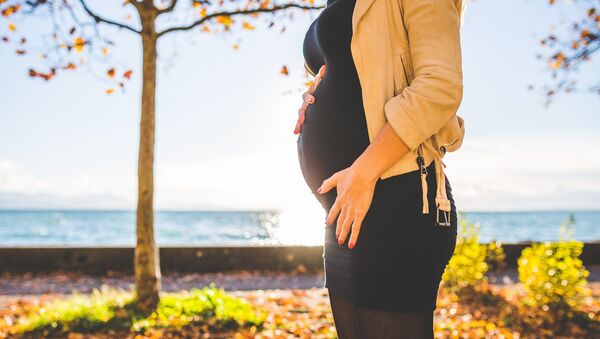Ingesting the placenta has become a popular practice among moms, with celebrities like TV personality Kim Kardashian West and actress January Jones claiming that it helps boost energy and deal with postpartum depression.
But until now, no medical study had been conducted to determine whether the practice does confer similar benefits in humans. On the flip side there has not been any hard evidence against human placentophagia either.
Mark Kristal PhD, a behavioral neuroscientist at the State University of New York in Buffalo who has studied the practice for more than 40 years, said earlier this year that, while most non-human mammals do have a drive to eat their afterbirth, humans do not have that same drive and he feels like "there must be a reason why."
In the recent studies, researchers found that new moms who consumed their placentas experienced no significant changes in their moods, energy levels, hormone levels, or in bonding with their baby, when compared with moms ingesting a placebo.
"It really does show that most of what's going on, if not all, is a placebo effect," Kristal said.
Twenty-seven healthy, pregnant women who decided they wanted to consume their placenta participated in the study, conducted by Sharon Young, a medical anthropologist at the University of Nevada in Las Vegas, and her team.
The study showed that the placenta pills made no difference to women's hormone levels influencing a mom's energy and her mood, and no significant overall impact on fatigue and postpartum depression, according to the researchers report this week in Women and Birth.
However, Young and her colleagues acknowledge that their sample size was small and self-selected, which could mask the differences between treatment and control groups. And Kristal admitted the team didn't look at other potential beneficial effects of placentophagy such as pain relief, which could be the basis for future studies.




